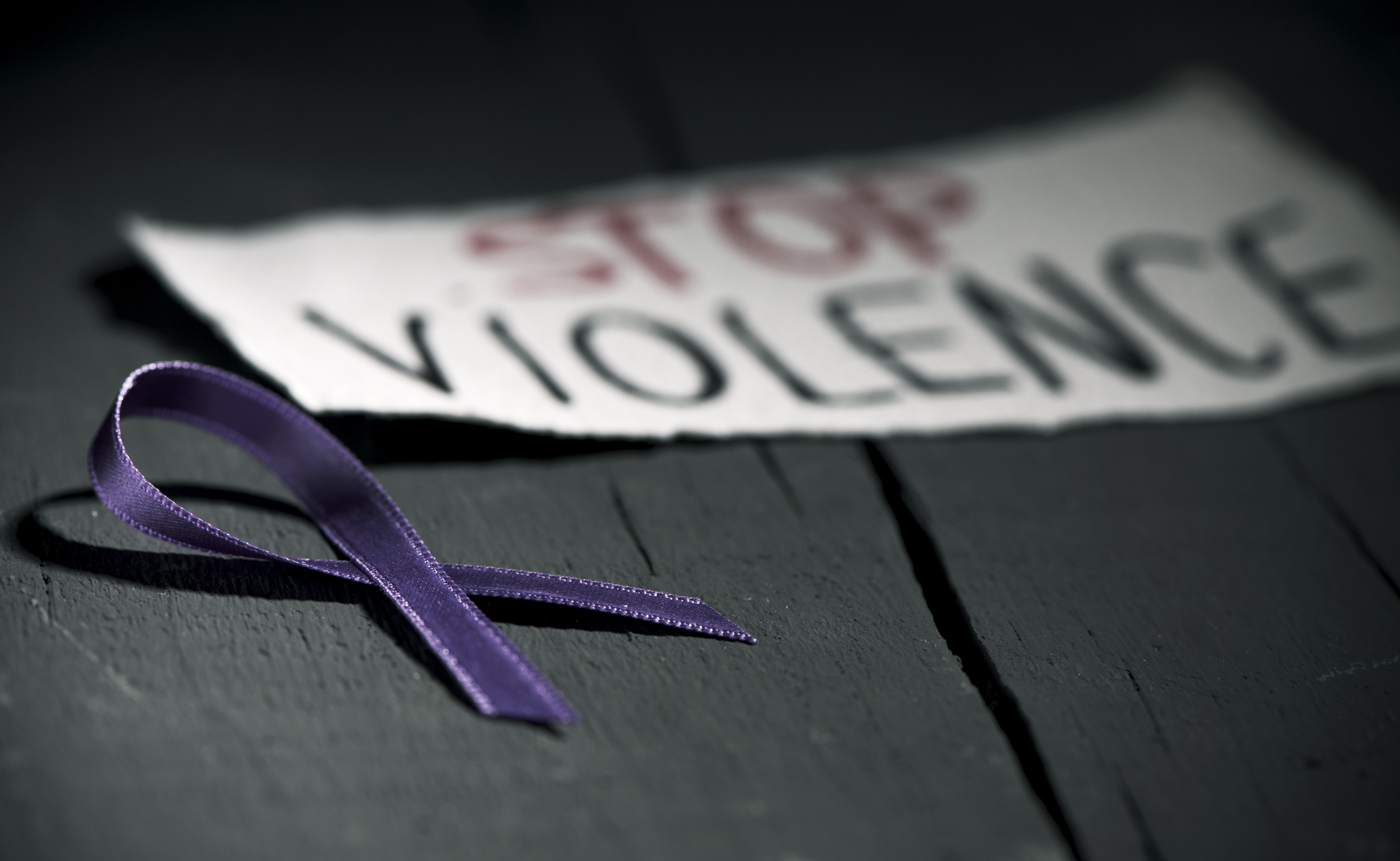Who We Are
Message from the Founder and CEO
Until later in my career, I never shared my domestic violence – head trauma, traumatic brain injury and chronic traumatic encephalopathy (DV-TBI/CTE) healing journey with anyone. For most of my life, I chose not to share or talk about it. It was ultimately my private healing journey, one that I have been on since my earliest recollection of a violent episode in my family at age four (4). I did not want to be labeled. I did not want the stigma attached with it. I did not want to be told how, when, or what to feel. I did not want to be told what to think or what to do.
What became clear to me was that my DV-TBI/CTE healing journey did not match the domestic violence public discourse. As I came to realize my mother most likely was suffering from CTE years before her death, I was profoundly disheartened to find the scientific, health, behavioral health, and legal system, first-responders, and other providers and stakeholders paying minimal to no attention to the issue of domestic violence and its correlation to head trauma and progressive neurodegenerative diseases like CTE , Alzheimer’s and Parkinson’s disease, and other brain illnesses. Yet, this was the reality in my quest to get my mother and family needed answers, resources, support, and help. None were available.
To understand how domestic violence is embedded in our society, we need to embrace all individuals impacted by it, listen non-judgmentally and bias-free with cultural humility, empathy, and respect to learn and document what they have to say and act accordingly. This includes individuals with histories of abuse, like my father, who felt out of control with his anger and feared he could kill his children and wife or another person. He prayed for help to control his rage outbursts. I suspect his violence stemmed from DV-TBI/CTE he experienced throughout his childhood. He needed help but no one supported him.
These gaps and challenges represent a powerful and personal opportunity to better serve our community and create systemic change to end domestic violence especially as it relates to TBI and CTE. After extensive consultation, prayer and soul-searching, I decided to intentionally share specific aspects of my personal domestic violence healing journey to create awareness about what I believe is a silent pandemic of DV-TBI/CTE and other progressive neurodegenerative disorders based on my personal and career experience, emerging data, and my mother’s case.
By listening to children, youth, women, and men impacted by domestic violence, we will no longer miss crucial correlations, such as the link between domestic violence and TBI and CTE and will gain a deeper understanding of the root causes of domestic violence as well as its complex dynamics. However, we need to go beyond listening. We also need to address domestic violence with an inclusive, multifaceted, and multidisciplinary community-based collaborative approach to address what we are learning from victims, survivors, and thrivers while we develop better intervention and prevention solutions, work to remove the stigma attached to it, and support DV impacted individuals to come out of the shadows to receive the support they want. This is the only route to end domestic violence.
I am passionate about addressing major social problems in our world, especially those impacting people and pets suffering alone with domestic violence – TBI and CTE. In 2017, I was asked by Sydney Scotia, a brilliant and kind-hearted Director and Producer, and Dr. David Dodick, renowned neurologist, to consider going public with my personal DV-TBI/CTE healing journey to raise global awareness about this unrecognized and silent pandemic. I decided to whole-heartedly support Sydney with her documentary, This Hits Home. I am honored and humbled to serve as the Protagonist, Associate Producer, and DV-TBI/CTE Expert Consultant for her groundbreaking documentary. While filming This Hits Home, it became immediately apparent that we needed to create and launch Pánfila Domestic Violence HOPE Foundation to provide solutions for how we can together address the DV-TBI/CTE pandemic.
The distribution strategy for This Hits Home and the official launch of Pánfila were severally impacted by the COVID-19 Pandemic like most organizations and projects world-wide. It also affected DV victims, survivors, and thrivers. The United Nations (UN) Women, UN entity dedicated to gender equality and the empowerment of women, launched the Shadow Pandemic public awareness campaign, focusing on the global increase in domestic violence amid the COVID-19 health crisis. The COVID Pandemic brought this issue to the forefront as confinement fosters tension and strain created by security, health, and money worries. It increased isolation for individuals living in domestic violence, separating them from the people and resources that can help them. While DV reporting was on the rise, health systems were stretched to a breaking point. It was catastrophic nightmare for DV victims, survivors, and thrivers. We have yet to determine the extent of the damage but emerging data shows an increase in calls to DV helplines in many countries since the outbreak of COVID-19. Because some countries diverted resources and efforts to immediately respond to COVID-19 relief, domestic violence survivors and victims are facing limited information, resources, and awareness about support services. Most recently, one of the devastating consequences of the revocation of Roe v. Wade, by the US Supreme Court, is an increase in domestic violence.
Despite the obstacles we faced, we are fortunate that This Hits Home was distributed in May of 2023 by Gravitas Ventures, thereby, allowing us to make movement forward towards accomplishing our strategic goals for Pánfila. It is urgent that we begin global awareness about the DV-TBI/CTE Pandemic to develop needed resources and treatments. I often ask myself if the symptoms I am experiencing are related to the childhood DV-head trauma and TBI I suffered in my home. Where can I find treatments and services? The fight for me is personal.
In time, I believe I will look back at my family’s story as the starting point for something that—against all odds—turned out to be very positive indeed. Because in the end, it is a story of HOPE. My six siblings and I—all of us now in loving homes completely unlike what we knew as children—are living proof that the cycle of domestic can be broken.
While this is my personal DV-TBI/CTE healing journey, it is one shared by children, youth, women, men and families and, for some, the family pet, impacted by this horrific issue everywhere. And yes, although my family story has shaped me, it does not and will never define me. We are not what happened to us, we are what we chose to become.
I invite you to join Pánfila Domestic Violence HOPE Foundation’s call to action by being part of our bold plan aimed at ending domestic violence together.
Sincerely,
Dr. María E. Garay-Serratos
Founder and CEO
Pánfila Domestic Violence HOPE Foundation
Board of Directors
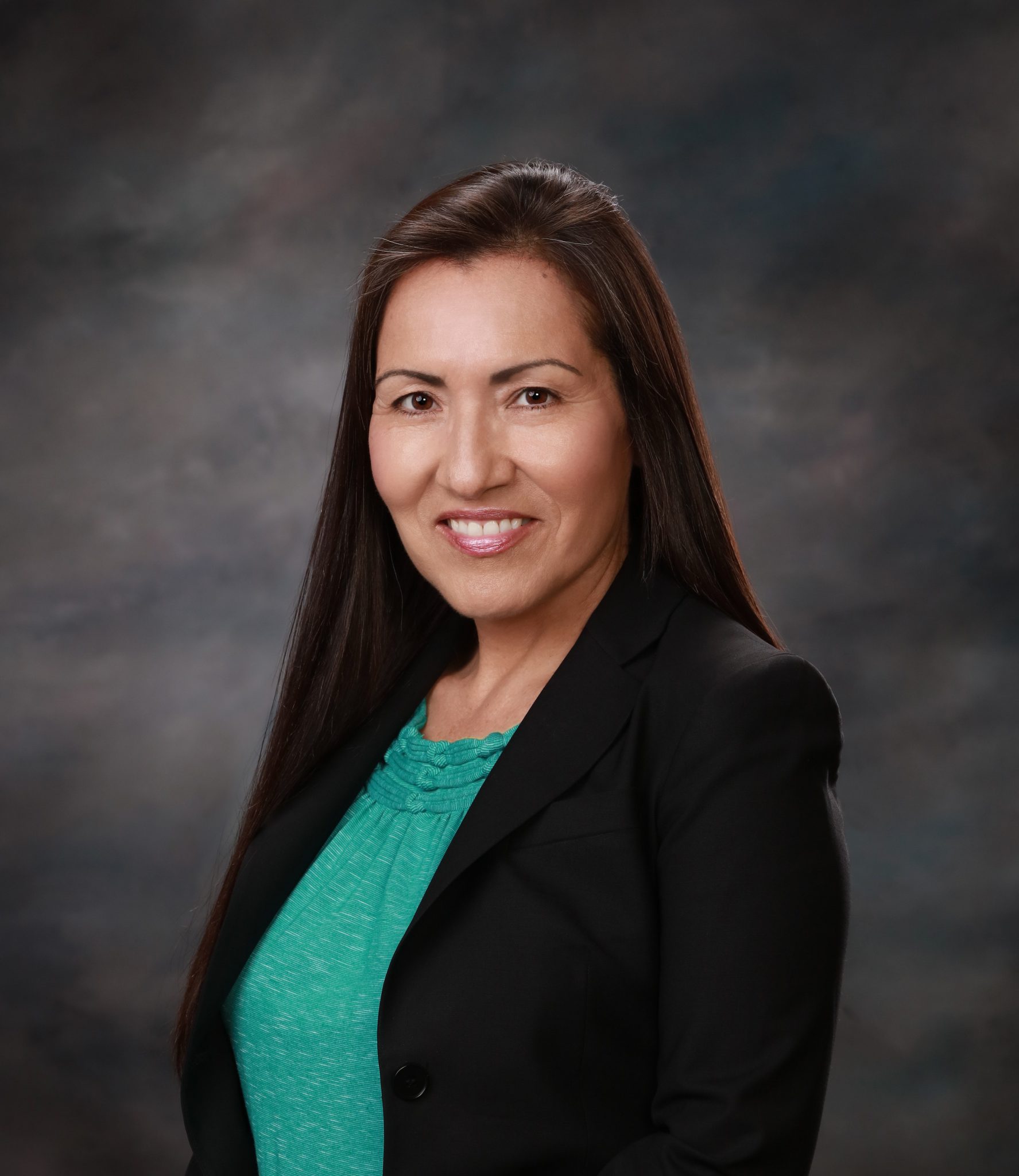
DR. MARÍA E. GARAY-SERRATOS, FOUNDER/CEO
Dr. María E. Garay-Serratos is Founder and CEO of Pánfila Domestic Violence HOPE Foundation. The foundation was created as a result of her work with Sydney Scotia, Director, Producer, and Actress, on the feature documentary, This Hits Home. She is the Protagonist, Associate Producer, and DV-TBI/CTE Expert Consultant for this groundbreaking documentary. Dr. Garay-Serratos’ career, studies in sociology, and social work are rooted in her personal history as the eldest child in an immigrant family from Mexico that experienced horrific DV-head trauma and TBI at the hands of her father. She was convinced that she and her siblings were able to break the cycle that caused domestic violence to continue down through generations of her family by her faith, thoughtful discourse, and a deeper understanding of some of the root causes. Prior to founding the Pánfila Domestic Violence HOPE Foundation and involvement with This Hits Home, Dr. Garay- Serratos served as a C-level executive for over 25 years for various non-profit organizations. Dr. Garay-Serratos attended Pitzer College at Claremont where she earned her undergraduate degree in sociology. Her graduate studies were in the Suzanne Dworak-Peck School of Social Work at the University of Southern California where she earned both a master’s degree and a doctorate.
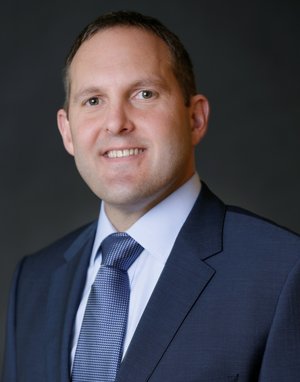
VINCENT MESSINA, BOARD TREASURER
With over 20 years of experience bringing firms a competitive edge in business development, E, technology, and risk management, Vincent Messina has a proven track record of creating and managing successful business strategies. Vince currently serves as a Senior Vice President at TCW, overseeing the build-out of a derivatives trading platform.
Prior to joining TCW, Vince served as US Alternatives Director at Schroder Investment Management North America after being brought in as a trio of founding partners from Third Wave Asset Management to manage a specialized strategy focused on relative value opportunities and to strategically develop/grow the alternative asset business.
Prior to that, he spent fourteen years at EMF Financial Products, a relative value hedge fund advisor, serving as Principal, Chief Operating Officer and Chief Risk Officer. He was responsible for overseeing all front and middle office operations, including trade execution/clearing, financing, risk management, technology and research. Vince also co-founded Maple Street Capital, serving as Principal, Portfolio Manager, and Managing Director. The firm specialized in allocations to relative value hedge fund strategies and offered a fund that was listed on the Irish Stock Exchange.
Earlier, Vince spent six years at Coast Asset Management, a relative value hedge fund and fund of funds advisor, where he was Vice President of Technology and served on the firm’s Executive Advisory Committee, directing firm strategy, personnel, and policy. While there, he oversaw the technology budget, corporate network, and led the software development for sophisticated trading systems and algorithms. He earned an M.B.A in Finance, graduating with honors, from the UCLA Anderson School of Business in 2001 and a B.S. in Computer Science and Engineering from the University of California, Los Angeles in 1994.
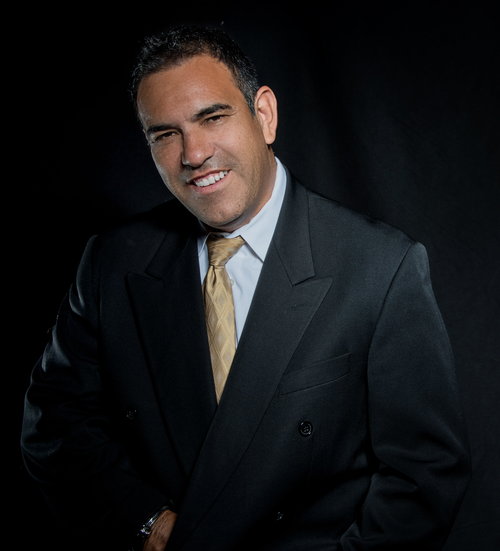
JOSÉ RENATO GARAY, BOARD SECRETARY
Like his sister María, José Garay is intent on ending domestic violence for children, men, abusers, women, families, the family pet/s, and communities impacted by it especially those faced with caring for loved one with domestic violence-related TBI and CTE. He has been involved in social injustice causes that address issues interconnected to domestic violence. He brings a wide breadth of expertise to the Panfila Domestic Violence HOPE Foundation. José is the owner/principal of JOSÉ GARAY, APLC. The firm specializes in class-action litigation. José’s firm also focuses on all aspects of employment litigation. José’s life path changed upon the remembrance of his late father’s request, that he “pick up the paint brush and pursue a dream” because to him it was clear that his son’s calling was art. José is a self-taught artist. His professional painting career commenced in 2007 and now includes an impressive collection of abstract mixed media, figurative works, and even sculpture. José is the Founder of www.OurBrilliance.com. This app/website seeks a paradigm shift in the way Bipolar Disorder and other Mood Disorders are treated. OurBrilliance stands for the proposition that creative types are afflicted by an unknown form of intelligence and creativity. José graduated from Stanford University in 1989. He received his Juris Doctorate from Southern Methodist University in 1998 and was admitted to the California Bar the following year.
Pánfila Advisory Council
Pánfila Domestic Violence HOPE Foundation will strive to include equal representation of domestic violence survivors and thrivers with professionals and scientists, so that, together, we will work to create better solutions to end domestic violence and address gaps in how we respond to it as a society.

CHAIR - DAVID W. DODICK, MD
David W. Dodick, MD, is Professor of Neurology, Director of the Headache Program, and Director of the Concussion Program at Mayo Clinic in Arizona. Dr. Dodick has authored more than 400 peer-reviewed publications and authored/edited 10 books. He is the Chair of the American Migraine Foundation and Chair-elect of the American Brain Foundation. Dr. Dodick is also the Chair of the International Registry for Migraine Research, Co-Chair of the American Registry for Migraine Research, and Chair of the International Headache Society’s Global Patient Advocacy Coalition. He is the Co-chair of the American Academy of Neurology (AAN) Annual Program Concussion Committee and Co-Director of the Annual AAN Sports Concussion Conference. He is President-Elect of the International Concussion Society, former Editor-in-Chief of Cephalalgia, and Past-President of both the American Headache Society and International Headache Society. Dr. Dodick received his B.S., M.S. and M.D. degrees from Dalhousie University, and served his residency at the Mayo Clinic in Rochester, N.Y. He was a Fellow in Headache and Cerebrovascular at Sunnybrook Health Science Center in North York, Ontario, Canada.
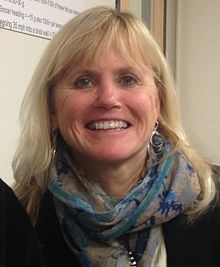
ANN MCKEE, MD
Dr. McKee is renowned neuropathologist and expert in neurodegenerative disease at New England Veterans Administration Medical Centers (VISN) and is Professor of Neurology and Pathology at Boston University School of Medicine and Director of Boston University Chronic Traumatic Encephalopathy (CTE) Center. Dr. McKee’s research interests center on the neuropathological alterations of neurodegenerative diseases, with a primary focus on the role of tau protein, axonal injury, trauma, vascular injury, and neurodegeneration. Much of her current work centers on mild traumatic brain injury from contact sports and military service and its long-term consequences. As a board-certified neurologist and neuropathologist, she is particularly interested in the clinical, behavioral and psychological manifestations of pathological disease and the neuroanatomical localization of clinical symptoms. She has written widely on many neurodegenerative diseases including Alzheimer’s disease, Lewy Body disease, Parkinson’s Disease, Progressive Supranuclear Palsy, Multiple System Atrophy, Frontotemporal Degeneration, Corticobasal Degeneration and Chronic Traumatic Encephalopathy (CTE). In 2017, The Boston Globe named her Bostonian of the Year, for her leading work in this area, and in 2018, TIME named McKee one of its 100 most influential people. Recently, she has received widespread acclaim for her case series featured in the Journal of the American Medical Association (JAMA) that found nearly every former National Football League (NFL) player who played at least one regular season game and whose brain then was donated for research was diagnosed post-mortem with Chronic Traumatic Encephalopathy (CTE).
Dr. McKee completed her undergraduate studies at the University of Wisconsin and received her medical degree from the Case Western Reserve School of Medicine. She completed residency training in neurology at Cleveland Metropolitan General Hospital and fellowship training in neuropathology at Massachusetts General Hospital. She was Assistant Professor of Neuropathology at Harvard Medical School from 1991-94, when she became Associate Professor of Neurology and Pathology at Boston University School of Medicine. In 2011, she was promoted to Professor of Neurology and Pathology.
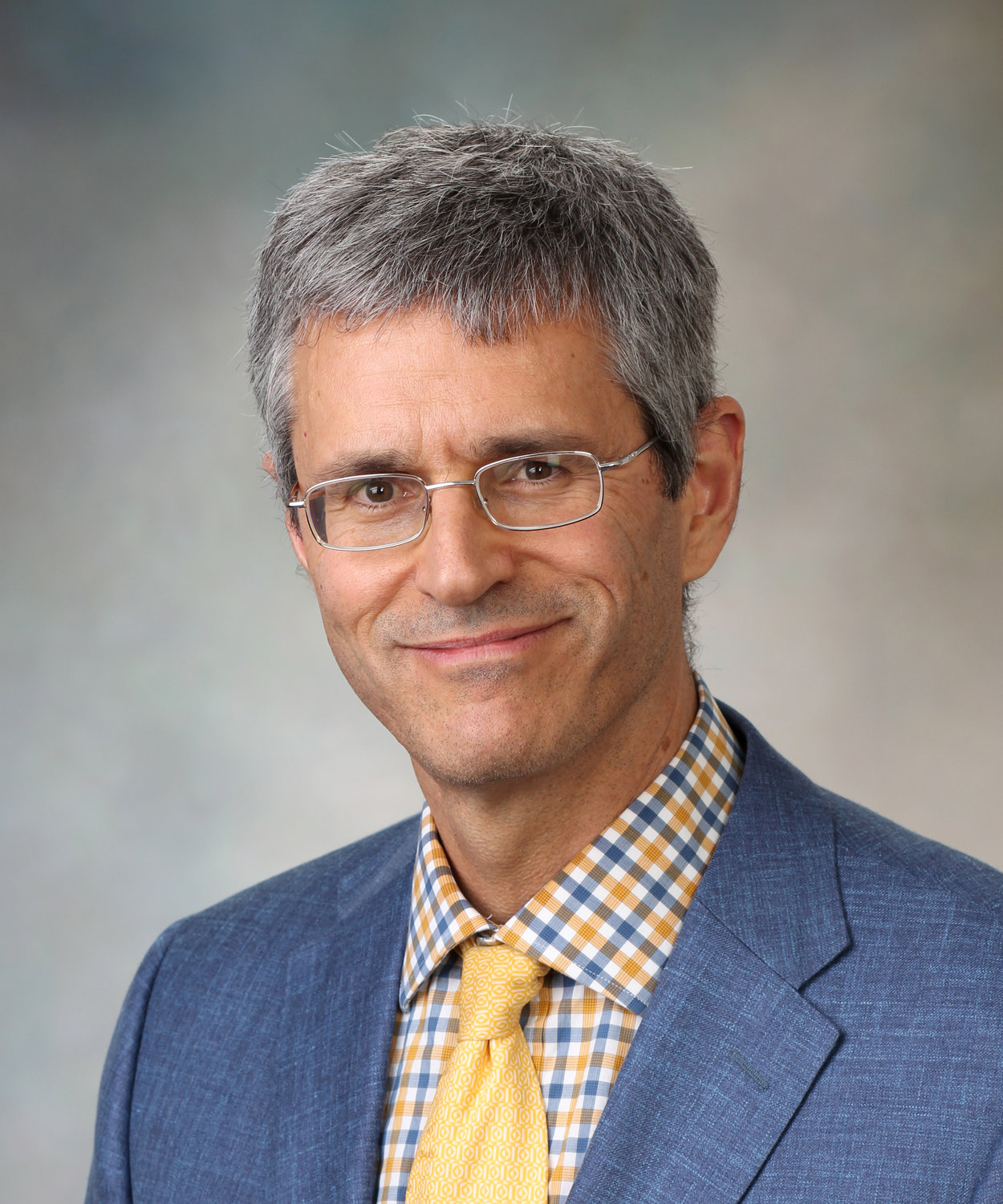
RICHARD J. CASELLI, MD
Dr. Richard Caselli is a Behavioral Neurologist whose clinical specialty is Alzheimer’s disease and related cognitive disorders. He has received the Mayo Clinic Arizona Distinguished Clinician and Distinguished Investigator Awards, as well as the Lifetime Educator Award. He is Professor of Neurology in the Mayo Clinic College of Medicine, served as Chair of the Department of Neurology from 2000 to 2010, and was a member of the Mayo Clinic in Arizona Board of Governors from 2002-2010. He served as Associate Director for the Center for Individualized Medicine in Arizona from 2013 to 2015, and continues to serve as Associate Director of the Arizona Alzheimer’s Disease Center, and Director of the Clinical Core coordinating the clinical participation of its six member institutions. Dr. Caselli’s research program focuses on cognitive aspects of aging, Alzheimer’s disease, and other forms of dementia, particularly the way in which genetic risk factors for dementia influence how our mind changes with age before the onset of memory loss and dementia including the preclinical effects of APOE e4 (the most prevalent genetic risk factor for Alzheimer’s disease) on cognitive aging patterns and how they differ between healthy aging and preclinical Alzheimer’s disease. Dr. Caselli received his A.B. in Biology at Columbia University and his M.D. at Columbia’s College of Physicians and Surgeons. He interned and served his residency at the Mayo Clinic College of Medicine, and was a Fellow at the Carver College of Medicine at the University of Iowa.
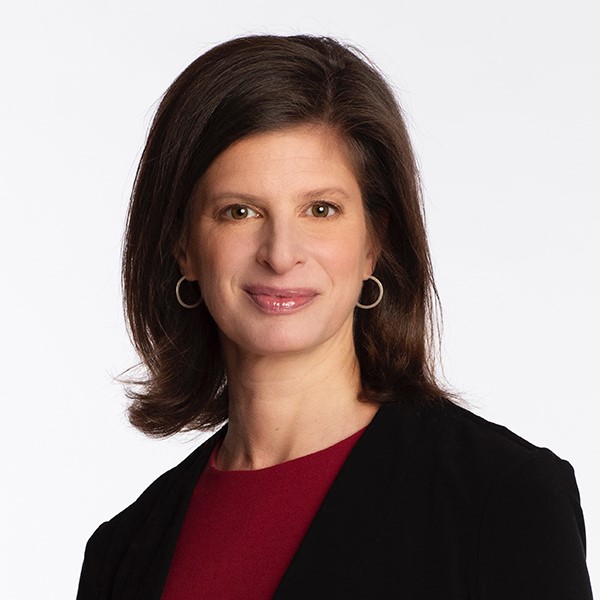
EMILY F. ROTHMAN, ScD
Emily F. Rothman is a Professor of Community Health Sciences at the Boston University School of Public Health with secondary appointments to the BU School of Medicine in the Department of Pediatrics and the Department of Emergency Medicine. Dr. Rothman has authored more than 85 publications that span the areas of intimate partner violence, sexual assault, human trafficking, firearm violence, and pornography. Her focus is on marginalized populations and health inequity. She has been the PI of research grants from the National Institutes of Health (NIH) and the National Institute of Justice (NIJ), the Robert Wood Johnson Foundation and others. Dr. Rothman has provided violence-related consulting to the multiple state Departments of Public Health and coalitions of domestic violence programs. She is frequently consulted by media. She has appeared on the Today Show on NBC, and her research has been featured on NPR and by the New York Times magazine, the Wall Street Journal, CNN, Teen Vogue and other media outlets. She currently teaches SB 751: Sexual Violence Prevention SB750: Intimate Partner Violence Prevention SB752: Sexually explicit media and public health methods. Dr. Rothman received her B.A. at Wesleyan University, and her Master’s and Doctor of Science degrees from the Harvard University School of Public Health.
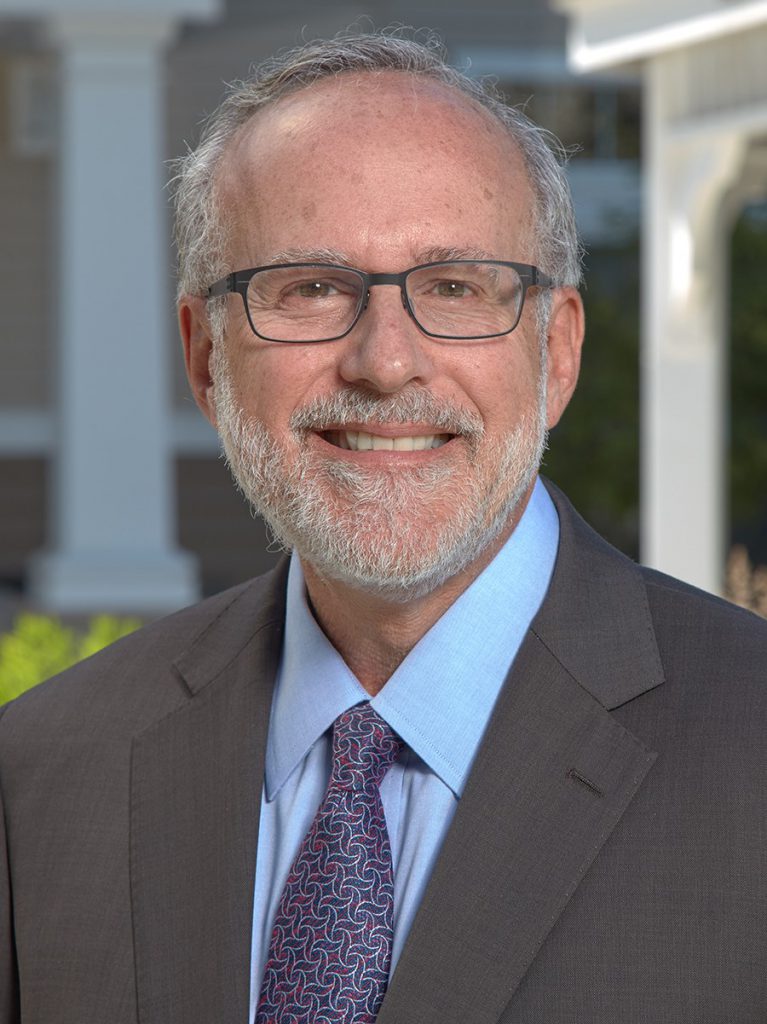
ROBERT A. STERN, PhD
Dr. Robert Stern is Professor of Neurology, Neurosurgery, and Anatomy & Neurobiology at Boston University (BU) School of Medicine. He is an internationally recognized expert on chronic traumatic encephalopathy (CTE) and the long-term effects of repetitive head impacts in athletes. He is Co-Founder and Director of Clinical Research for the BU CTE Center, and he is the lead investigator of a $17 million, 7-year NIH grant for a multi-center study to develop methods of diagnosing CTE during life as well as examining potential risk factors of the disease. Dr. Stern’s other major area of funded research includes the diagnosis and treatment of Alzheimer’s disease. He oversees several clinical trials for the treatment and prevention of Alzheimer’s and has conducted research on innovative new tests to detect and diagnose the disease. Dr. Stern has over 250 publications, is a member of several medical journal editorial boards, is the co-editor of two recent textbooks, and he has developed several widely used neuropsychological tests. In addition to being a scientist, Dr. Stern is a clinician, teacher, and mentor. He is a sought after lecturer, has testified before the US Senate, and he appears frequently on national and international broadcast media, including “60 Minutes,” “Today Show,” “CBS This Morning,” NPR, ESPN, and others. Dr. Stern received his B.A. from Wesleyan University, his M.A. in Psychology at University of Rhode Island and his Ph.D. in Clinical Psychology from the same university. He served his Pre-Doctoral Internship in Clinical Neuropsychology at the Department of Veterans Affairs Medical Center, Boston, MA, and was a Fellow in Neuropsychology and Psychoneuroendocrinology at the University of North Carolina School of Medicine in Chapel Hill, NC.
Media

SYDNEY SCOTIA
Sydney Scotia is an award-winning actor, producer, singer/songwriter, and dancer. She believes that media should be used to elevate important issues and champion social change, and her maturity, drive, and compassion help her take projects from suggestion to storyboard, to screen. As director and producer of This Hits Home, she draws on her experience both in front and behind the camera to tell a story about a silent epidemic that will no longer be silent.
Communications
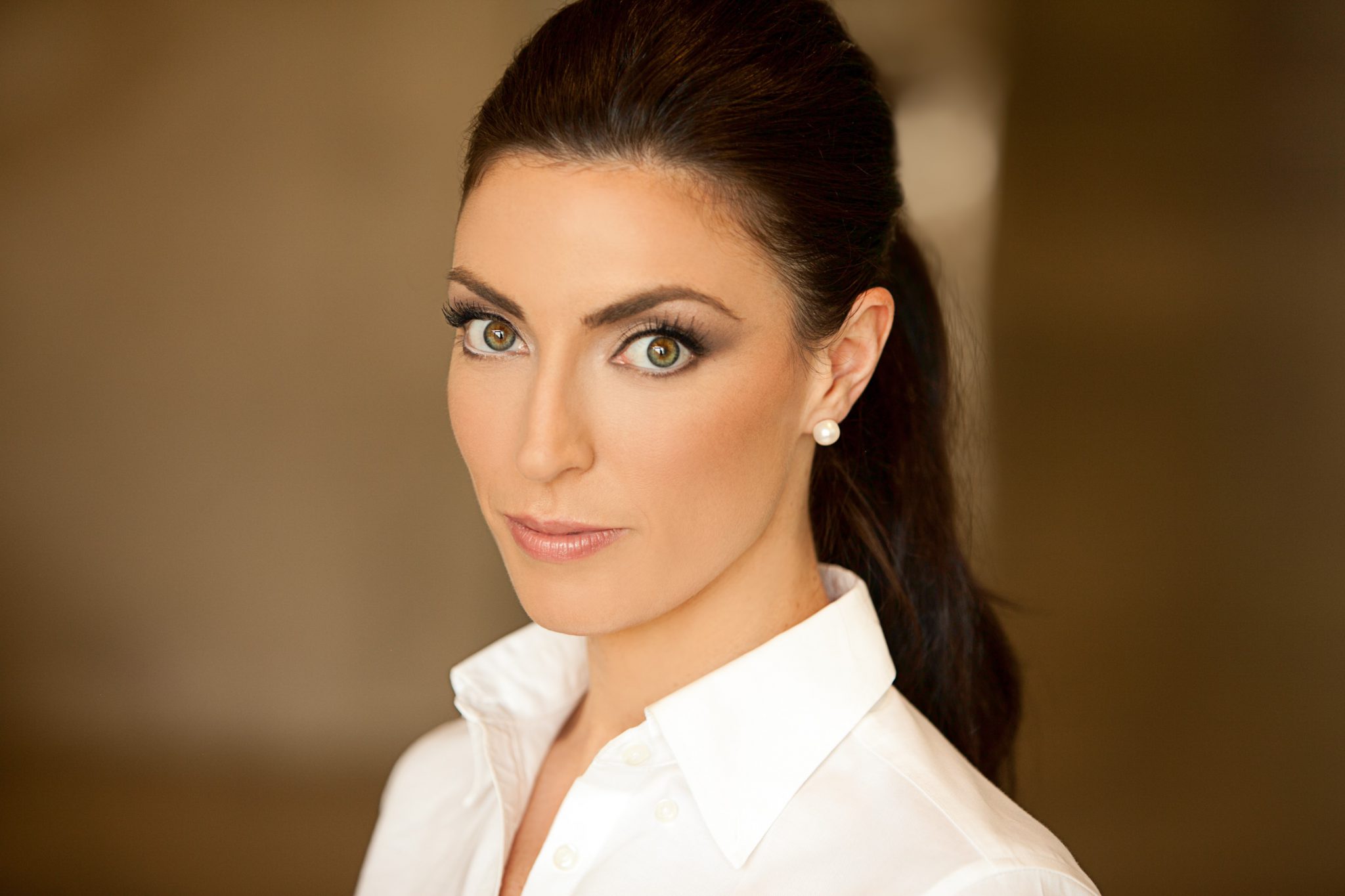
NICOLE F. ROBERTS
Nicole F. Roberts is the founder and President of Health & Human Rights Strategies, a health care and human rights-focused advising firm in Washington, D.C. She is also a global health policy advisor on Capitol Hill and expert on health innovation, technology, and brain health – specifically as they impact vulnerable populations. Fisher contributes to Forbes, contextualizing health, and highlighting ideas, companies and people that are changing the health landscape. She also curates an international dinner series, ‘A Seat at the Table,’ bringing together thought leaders for off-the-record discussions for moving research, policy and planning forward. Fisher is completing a doctoral degree at the University of North Carolina. Her writing has appeared in numerous journals and publications, and her talks can be found on the United Nations website and various news and sports outlets. Before pursuing her doctorate, Fisher earned a master’s degree in public policy from the University of Chicago and an undergraduate degree from the University of Missouri.
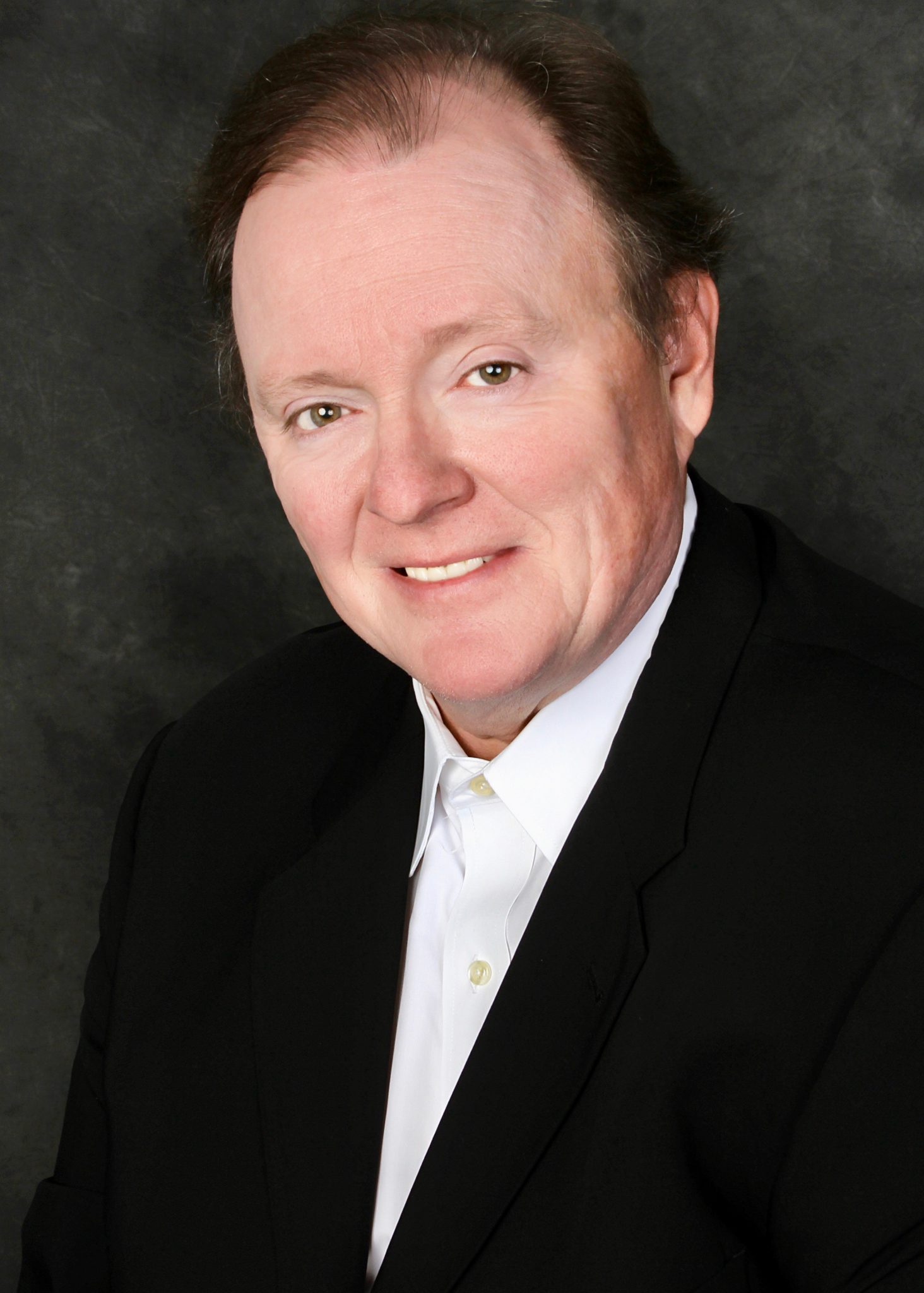
COMMUNICATIONS DIRECTOR - JOHN STODDER, JR.
John Stodder Jr. is a veteran Los Angeles-area public affairs communicator, having worked in journalism, government and public relations for nearly four decades. He served on the senior staffs of Los Angeles Mayor Tom Bradley and LA County Supervisor Ed Edelman, reported on LA for City News Service, helped 25 newspapers that were part of the Dolan Media network transition to online and social media, and was a senior executive for local and global public relations firms. During his years in government, he was responsible for overseeing the birth of the Los Angeles’ curbside recycling program, the birth of LA’s stormwater management program, the first monthly HIV/AIDS reports in LA County, the birth of LA County’s Department of Children and Family Services, as well as managing media relations and communications on behalf of two elected officials. As an executive with five strategic communications agencies and in his own practice, he has worked for a range of public-sector, nonprofit and corporate clients, including the Los Angeles County Department of Mental Health, Microsoft, The California Wellness Foundation, AltaSea, the Santa Monica Bay Restoration Project, Rancho Los Amigos Rehabilitation Center, Standard & Poor’s, LAX, Sojourner Center, OneLegacy, California Department of Food and Agriculture, Uplift Family Services, Coldwell Banker, the City of LA Bureau of Sanitation, the cities of Stockton and Newport Beach, Planned Parenthood of Pasadena-San Gabriel Valley, NewMark Merrill, PaintCare and The Recycling Partnership . He specializes in strategic communications, message development, media relations, writing, public affairs and crisis communications, and has developed particular expertise in social services and environmental issues. Stodder was educated at the University of California.
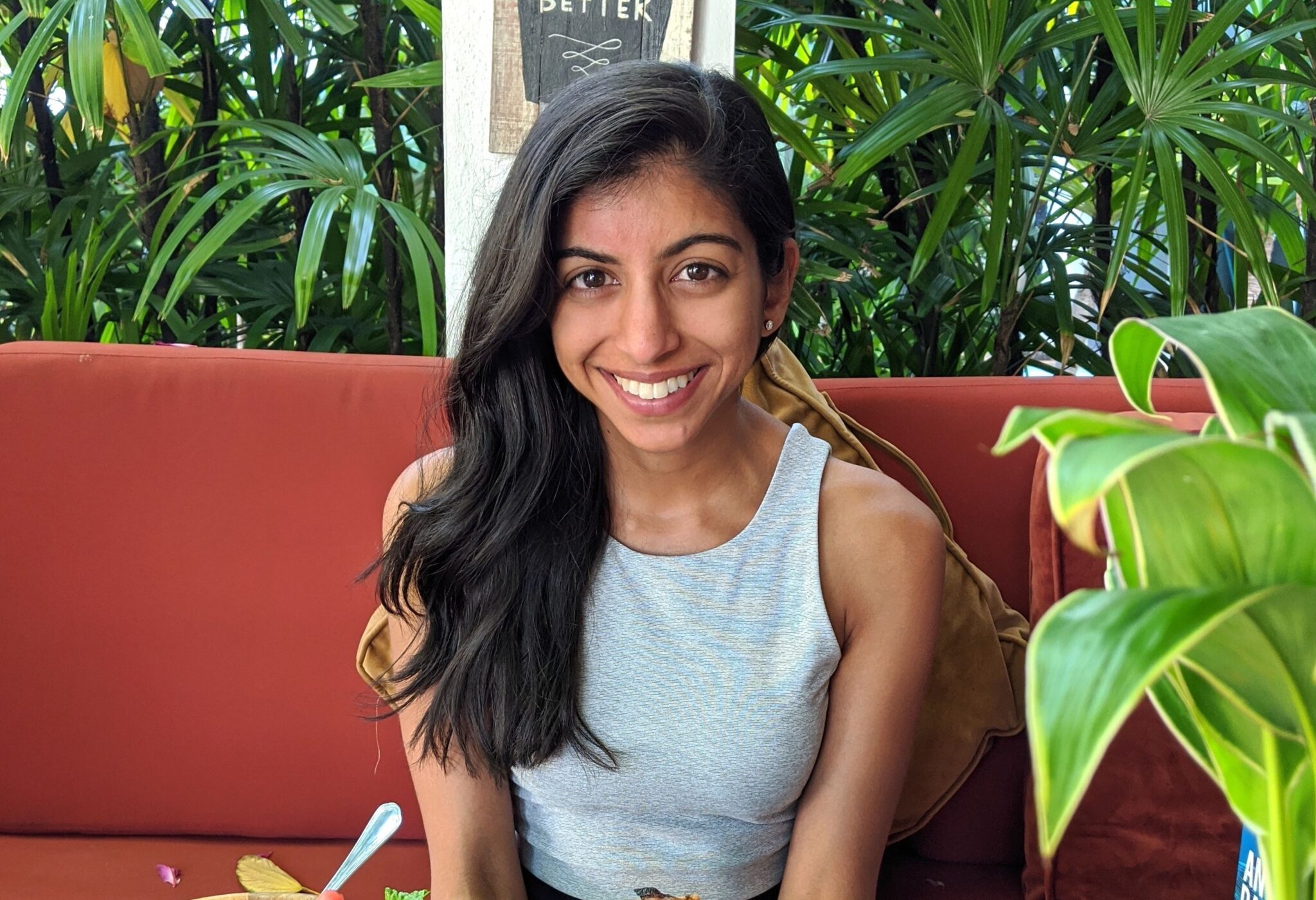
COMMUNICATIONS SPECIALIST - MIKA JAIN
Mika is an anti-racist and anti-bias education advocate, social-emotional learning specialist, educator, and nonprofit advisor. Mika has worked with hundreds of students and families in marginalized communities as a Teach For America Head Start teacher, a KIPP Foundation school founder, and a program director at MindUP | The Goldie Hawn Foundation. She is on the advisory council of Pánfila Domestic Violence HOPE Foundation and a 2020 Leadership For Educational Equity Public Leaders Fellow. Mika holds 3 professional teaching licenses in Illinois and California, a bachelor’s degree in K-12 Education from the University of Illinois at Urbana-Champaign, and a master’s degree in Education from Dominican University. Mika is based in Los Angeles, CA.
THRIVERS AND SURVIVORS
The perspectives of survivors of domestic violence will inform every action, decision and program undertaken by the Pánfila Domestic Violence HOPE Foundation. We are honored to include individuals whose healing journeys from domestic violence and/or domestic violence-related traumatic brain injury have impelled them to become active in helping others whose lives have been affected by DV, DV-TBI, and/or DV-CTE.

PATRICIA POSADA ESTRADA, LCSW
Patricia Posada Estrada’s passion for eradicating domestic violence with Pánfila Domestic Violence HOPE Foundation stems from her personal domestic violence healing journey that started at age of five. She is the eldest of three born to an immigrant single mother. Her life’s quest has been focused on learning and bringing to light the fundamental underlying factors that keep domestic violence hidden. She believes that if we gain a deeper understanding of this horrible social problem it will allow society to develop solutions aimed at ending it.
Ms. Estrada is convinced that the only way to break the chains that keep domestic violence embedded within generations and society is to listen and embrace all individuals impacted by it including children and abusers. The shame, anger and myths about domestic violence kept Ms. Estrada from sharing her healing journey until her early 30s. She believes that Panfila inclusive approach provides a groundbreaking platform for all impacted by domestic violence to finally be heard and thereby allowing society to develop compassionate judgment-free support that meets individuals where they are at in their respective healing journeys.
Ms. Estrada’s personal horrific experience with domestic violence at a young age motivated her to become a professional therapist and social worker. She has worked over 30 years in numerous non-profit organizations devoted to helping individuals impacted by violence and other social problems such as substance abuse, sexual abuse and mental illness. As a therapist, she assisted clients in understanding their challenges and develop effective problem solving skills. Ms. Estrada earned her undergraduate degree in political science/public administration and her master degree in social work from California State University, Long Beach. She became licensed as a clinical social worker 2 years after completing master degree.

